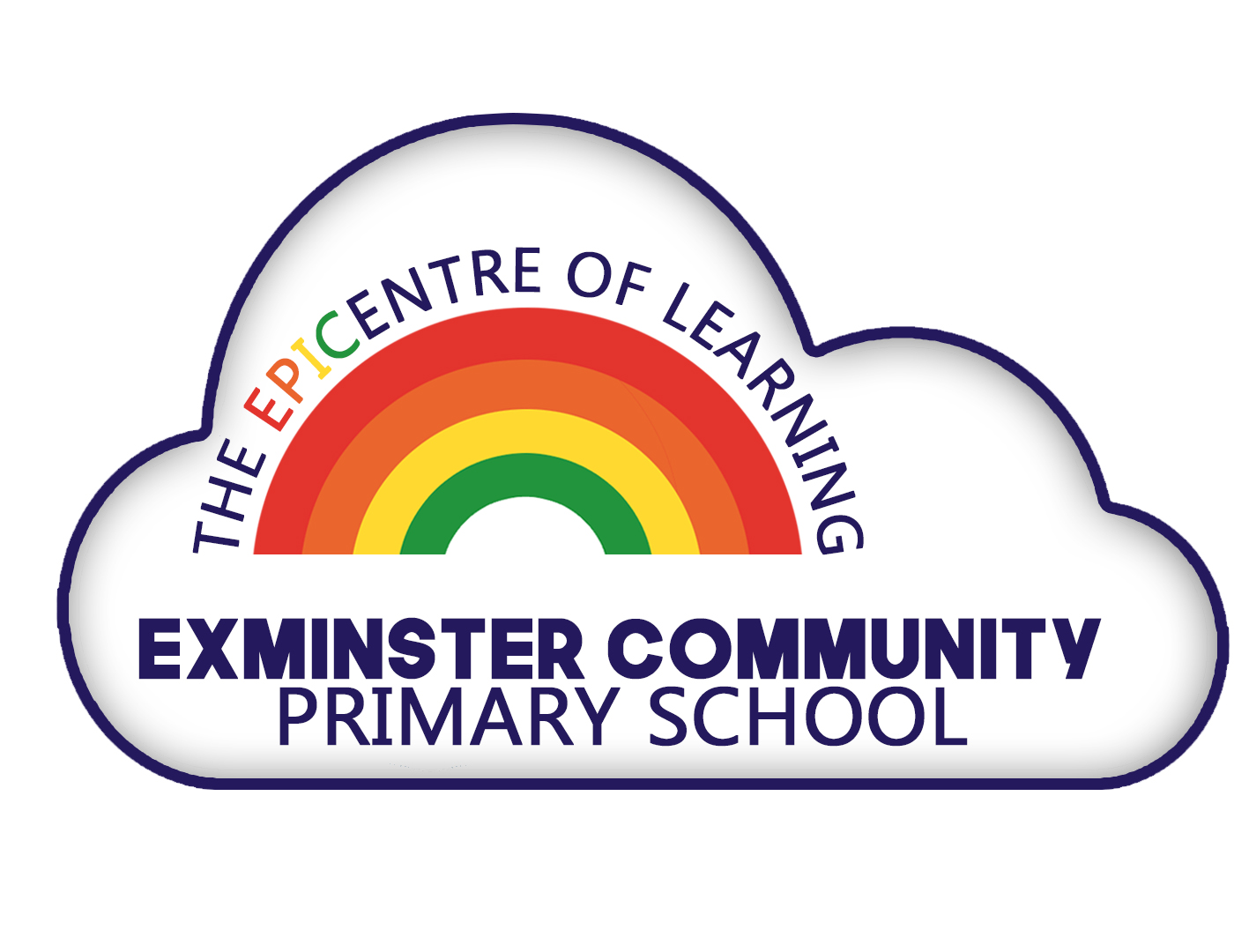Equality
Staff shared understanding: Equality in our school means that personal and/or social circumstances are not obstacles to achievement and that all children and young people are well supported where individual needs are understood and responded to fairly giving everyone the opportunities to succeed.
FS+KS1: everyone having what they need to be the best that they can be
KS2: recognising and responding fairly to the individual needs of people. Equality/equity provides everyone with an opportunity to reach and exceed their full potential and have an equal chance to live their life as they choose.
Diversity
Staff shared understanding: Promoting and encouraging diversity means to actively respect, appreciate and empower people for who they are. We believe that diversity is about embracing differences and including people from all walks of life. Diversity can include race, ethnicity, gender, sexuality, social and economic backgrounds, religious beliefs, disability, gender reassignment and much more.
FS+KS1: Diversity is about accepting and celebrating our differences and similarities
KS2: Diversity is about accepting and celebrating the many ways people are different from and similar to one another. This could be a person’s race, gender, age, religion, beliefs, disability.
Inclusion
Staff shared understanding: We believe that inclusion is a basic right for all members of our community. Our inclusive school is one where everyone is different and can participate, achieve, is respected, and feels safe and valued. Our inclusive school will champion all children and feel they ‘belong’ where we promote respect and compassion and celebrate similarities and differences.
FS+KS1: everyone is special/unique
KS2: we understand and promote democracy, respect others, show compassion and celebrate similarities and differences
